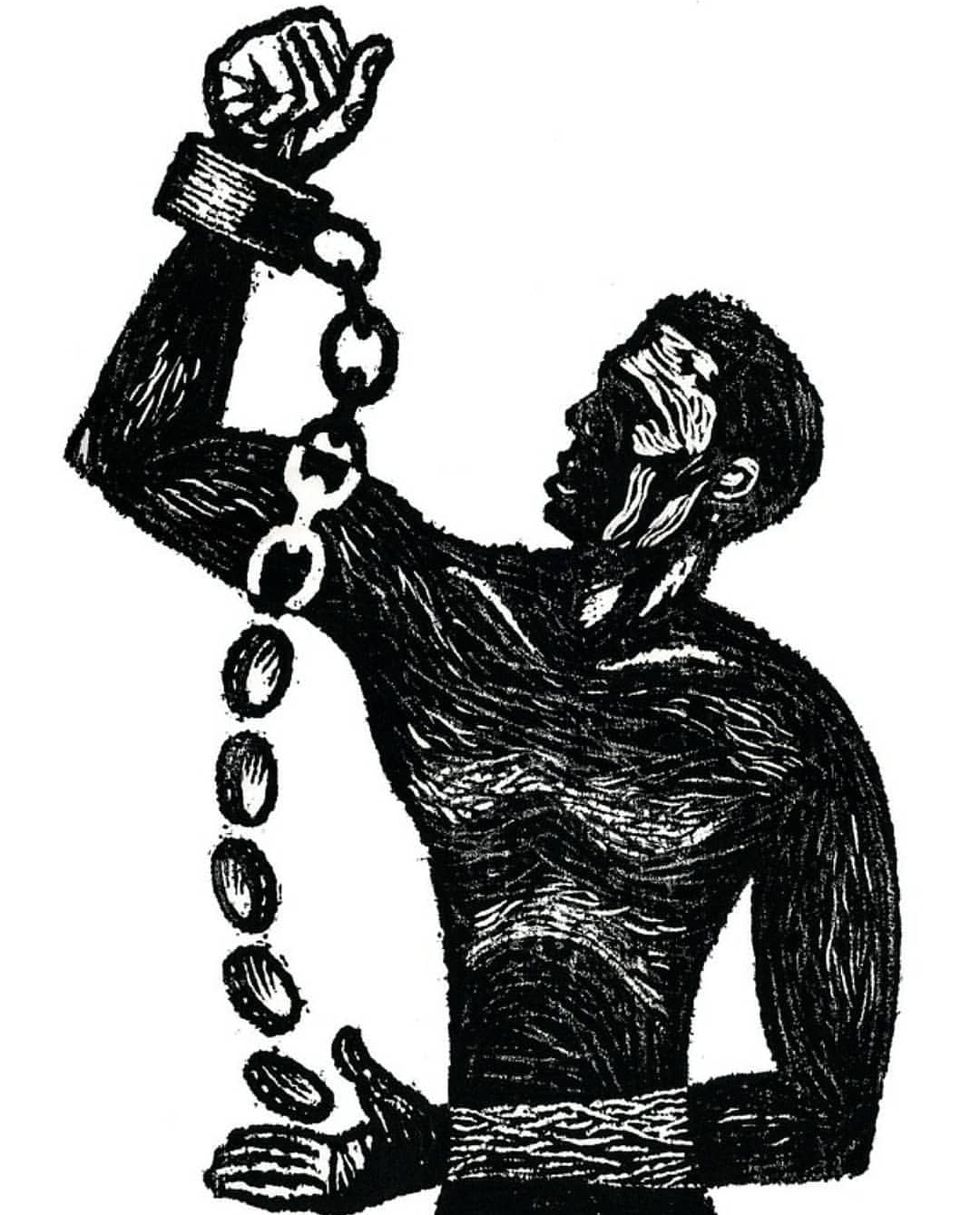Aaron Alpeoria Bradley

Aaron Alpeoria Bradley was born on a South Carolina plantation owned by a prominent politician. A Gullah man. He escaped to Boston and became one of America’s first black lawyers.
In 1865, he moved to Savannah, demanding reparations for the freed people. He also called for the impeachment of President Johnson and accused local courts and police of being racist, so he was arrested a lot. On top of that, he dressed real flashy and had bodyguards.
You had black folk who didn’t like him either. Rev. William J. Campbell, pastor of First African Baptist, was one of them. But Bradley backed his proposals with sound legal reasoning, and gained a faithful following.
When arrested for “insurrectionary language in public assemblages, and inciting lawlessness and disturbance of public peace and good order,” he was exiled, but when he returned, his people elected him to Georgia Constitutional Convention of 1867.
Bradley targeted capitalism and joined forces with poor whites over issues like labor reform and debtor’s prison. He criticized Governor Bullock for establishing a new form of slavery where black convicts were leased to railroad contractors who often starved, whipped, and killed them.
When the KKK threatened to kill blacks who voted, Bradley promised he’d retaliate. When black folks were turned away from polls, he led an armed march down Ogeechee Road. The son of a Confederate vet was shot and killed that night, leading to a warrant for Bradley’s arrest.
He fled Savannah to Boston. While gone, 113 other black men were arrested. In a letter, he wrote that “within a moon, the dry bones of Savannah will shake.” The papers called it confusing, ignorant language lol.
The 3 most prominent black state legislators during Reconstruction were Henry Turner, Tunis Campbell, and Aaron A. Bradley. All 3 were accused of crimes and barred from running for office again. Bradley was even denied the right to practice law.
He started urging black folk to leave the south to Kansas. If any, not many followed. He died in St. Louis in 1882. In 1966, the Black Panther Party called for many of the same civil, political, and economic rights that Aaron Alpeoria Bradley fought so hard for.

